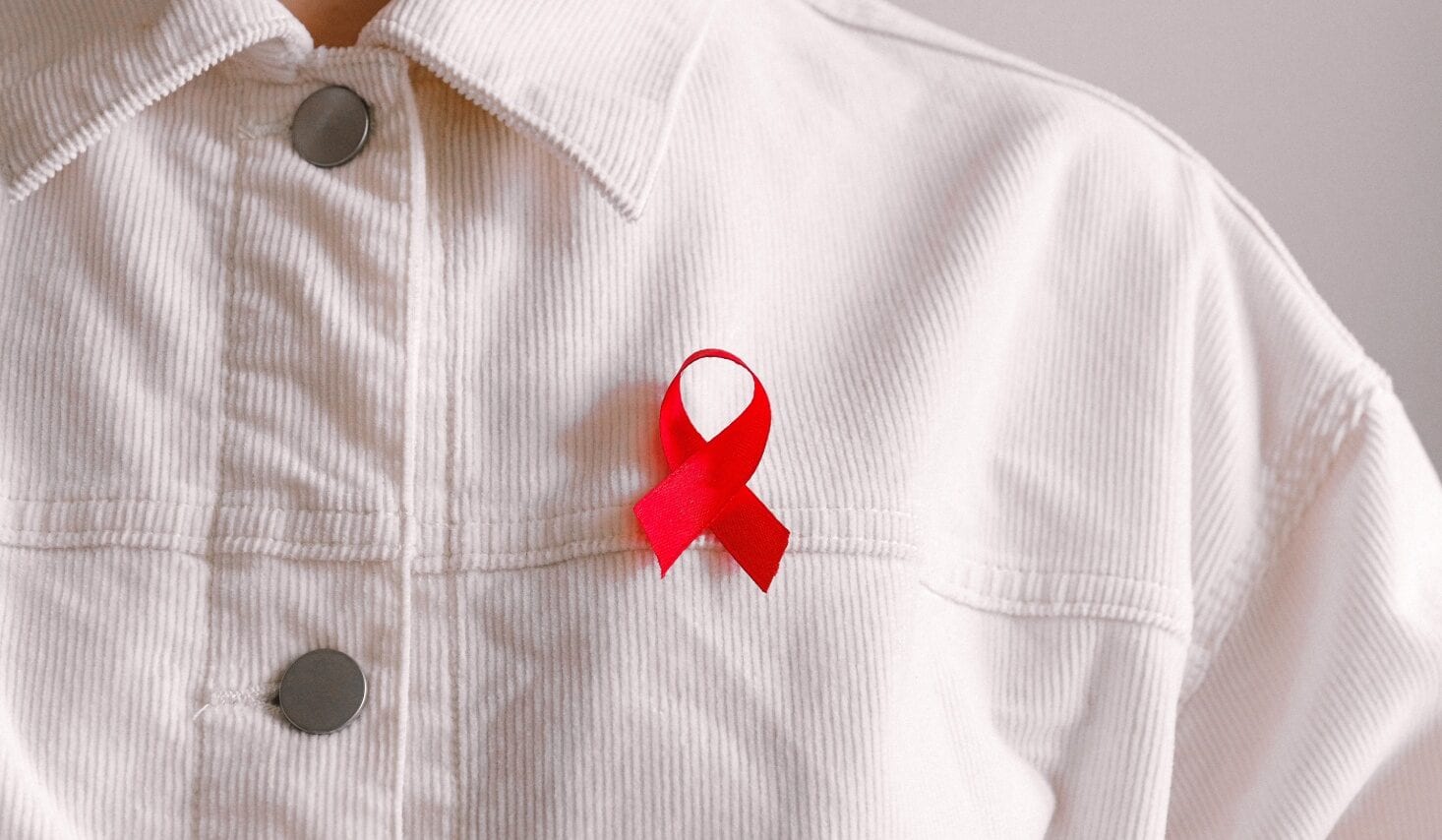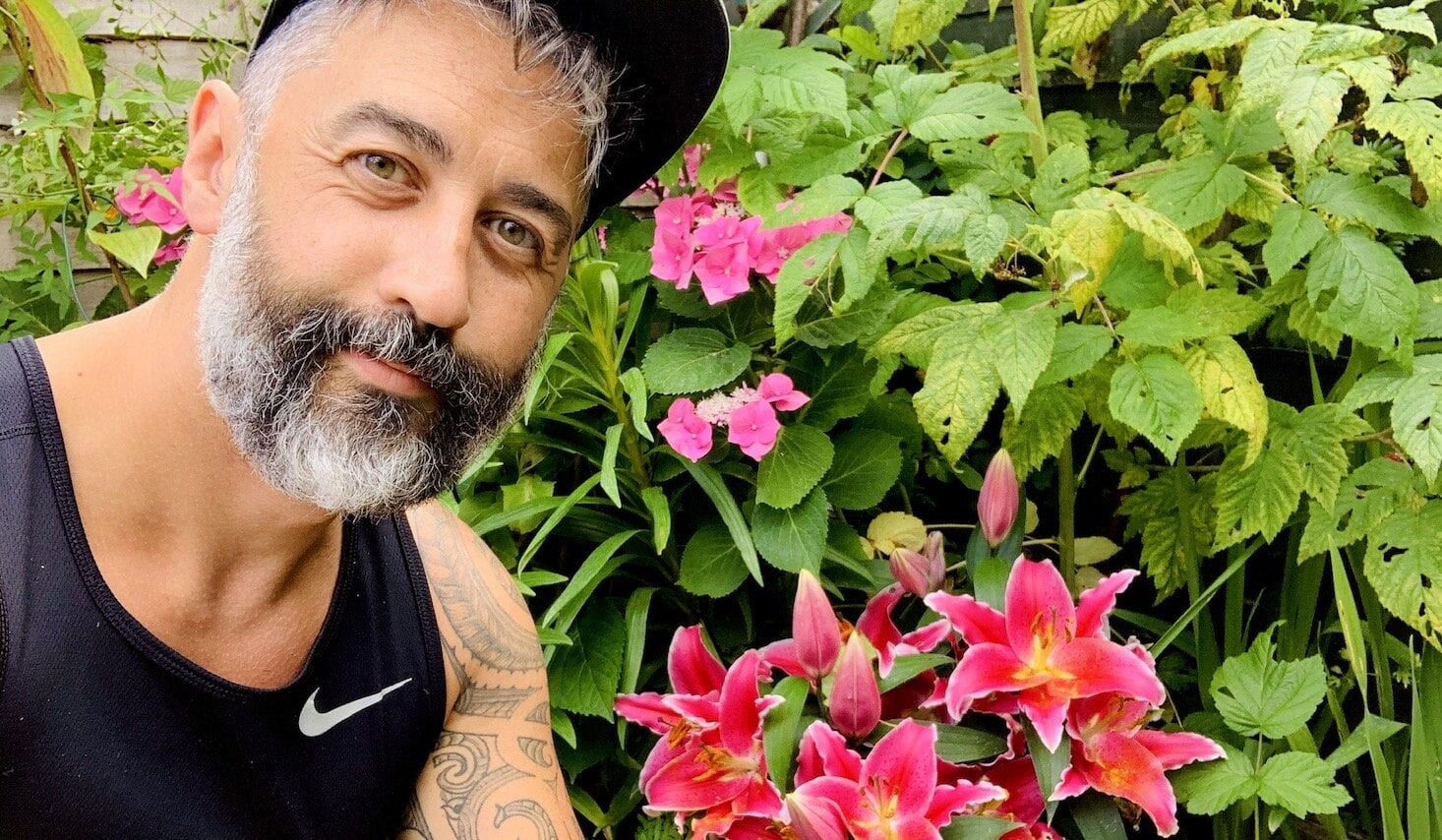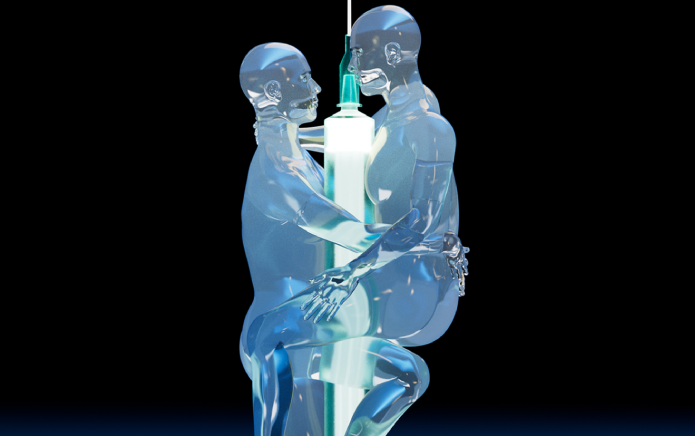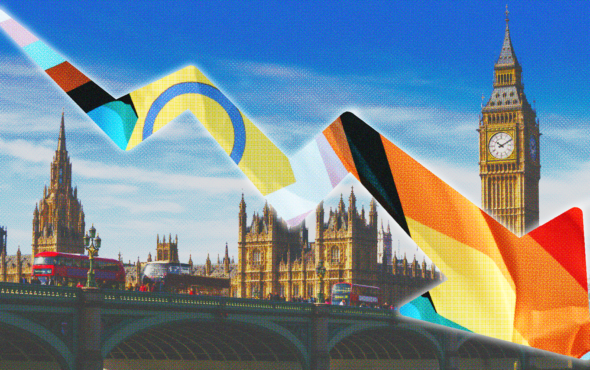
Everyone can agree sustaining connections during the coronavirus pandemic has become harder.
But I’ve particularly enjoyed participating in Positively UK’s Gay Men’s Group – a support group for gay and bi men living with HIV.
I spoke to two of the group’s members. Their very different but complimentary stories highlight a whole range of issues for people living with HIV.
Chris O’Hanlon is the co-ordinator of the Gay Men’s Group. He is 43 and was diagnosed with HIV in 2016.
Thomas (a pseudonym to protect his identity) is 75 and was diagnosed with HIV in 1996.
Coping in later life is very different – things like social and sex life become a bit less urgent and imperative.
I began by asking how they experienced their initial HIV diagnoses?
Chris: “I remember my hearing seemed to go and the room became almost tunnel like. I later realised that in that moment I went into shock. I was devastated. I was already watching my father die but now my own mortality was questioned. The coming weeks and months I became suicidal, suffered massive social anxiety.”
Thomas: “I was married, and my wife and soulmate was fully aware of me being gay, and supported me along my HIV journey until I lost her to cancer a few years ago. My diagnosis was not really a surprise. But the prognosis (we both asked for it with no punches pulled) was devastating. ‘You are most unlikely to see in the new millennium.'”
I then asked Thomas about ageing and HIV?
“Coping in later life is very different – things like social and sex life become a bit less urgent and imperative, but on the other hand, the onset of the normal ageing medical conditions can be more difficult. And friendship and affection remains just as important all the way through.”

Chris is fortunate not to have any comorbidities (additional medical conditions). Thomas, who is 30 years older and who has lived with HIV for longer, has a more complex medical situation:
“At the same time as I started on ARVs [antiretroviral HIV medication] in 1997, I contracted severe shingles to the scalp, which has been more problematic to me over the years than HIV! Left me with eyesight and hearing damage. And extreme scalp sensitivity – which is why I wear a woolly hat most of the year!
“One of the key lessons I have learned with comorbidities in the past has been the general lack of awareness within the NHS of the complex interactions between HIV and other conditions.”
I ended by asking both Chris and Thomas about how participating in Positively UK’s Gay Men’s Group has helped them.
The Gay Men’s Group will always be a place for men to come and know there is a circle of support available.
Chris: “Personally I feel very honoured to be in the position I am. I get to work with a truly amazing team of compassionate and caring people and every person that walks through the door is guaranteed to find support. The men who come to the project are part of a much larger family. The Gay Men’s Group will always be a place for men to come and know there is a circle of support available.”
Thomas: “The Men’s group has been an important part of my journey into the wider HIV and LGBTQ world. Until I joined this and other groups, I had never had an open discussion, in a safe space, with someone else living with HIV – in 24 years! And I now have the chance to give something back, both through peer support, and by being able to share my own experiences of living with HIV.”
Both Chris and Thomas provide insight into the challenges people living with HIV face, but also demonstrate how – even in the middle of the coronavirus pandemic – people living with HIV can find support and community.
Check out Positively UK’s website if you would like to learn more about their support groups.



